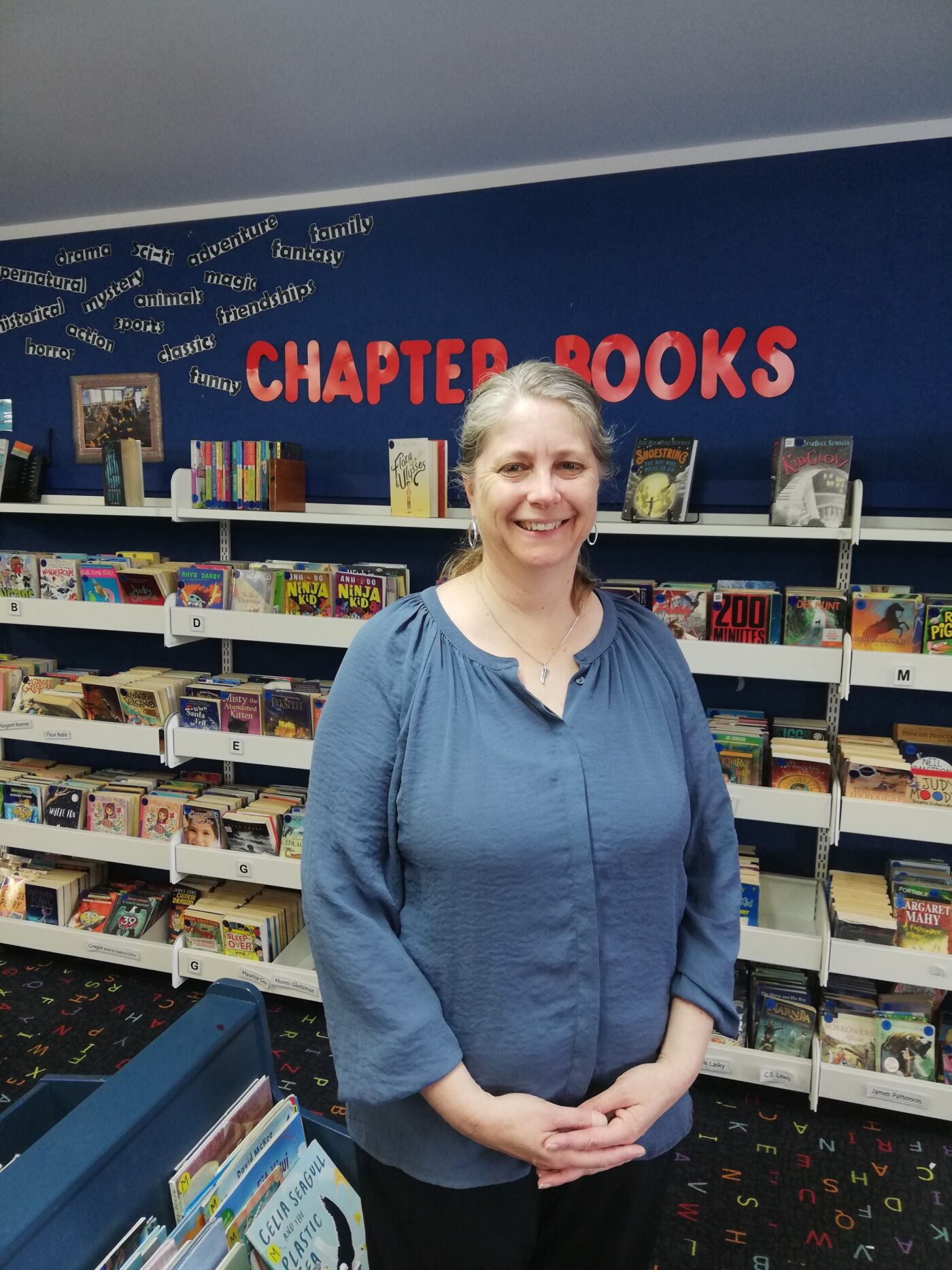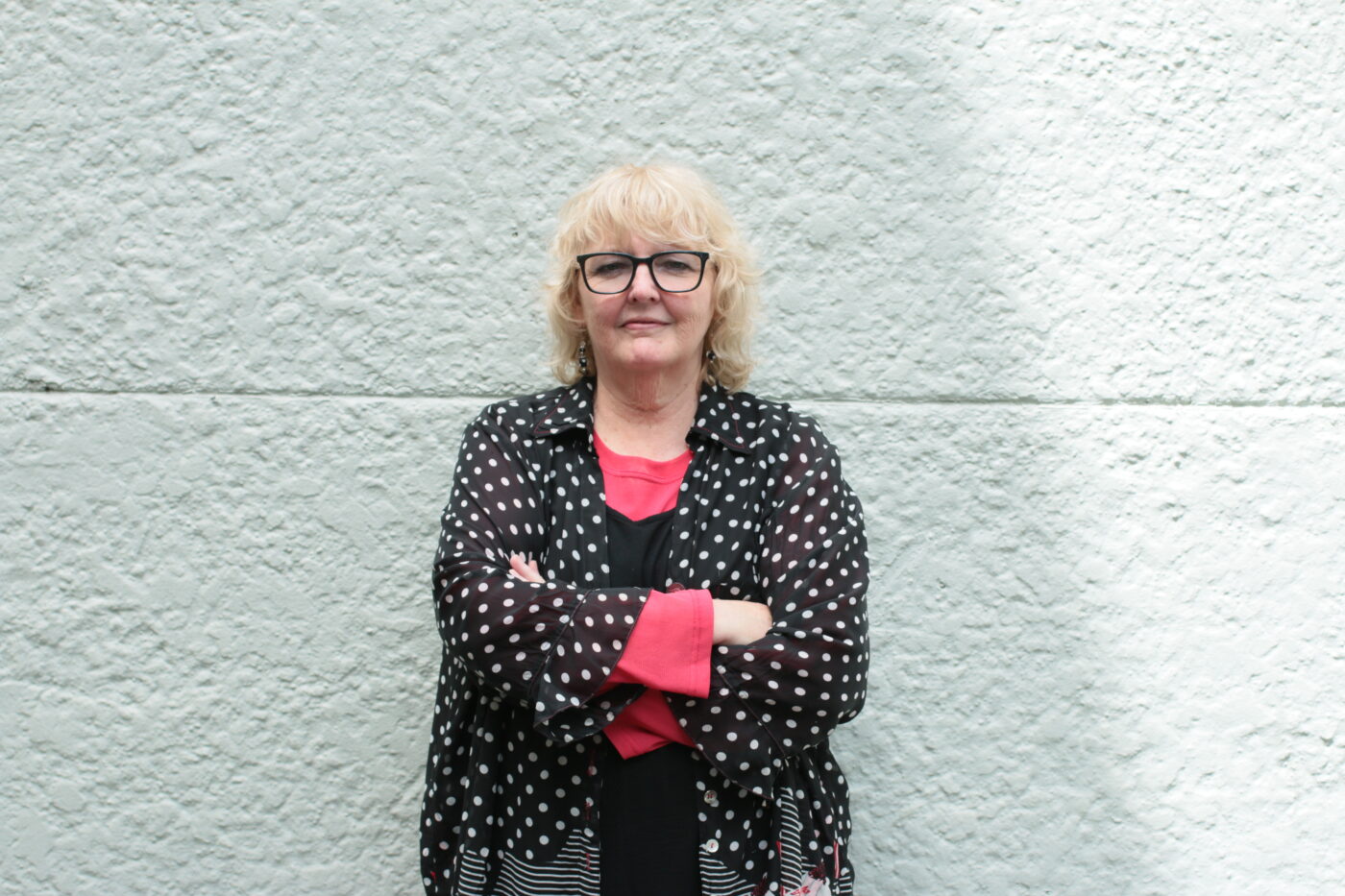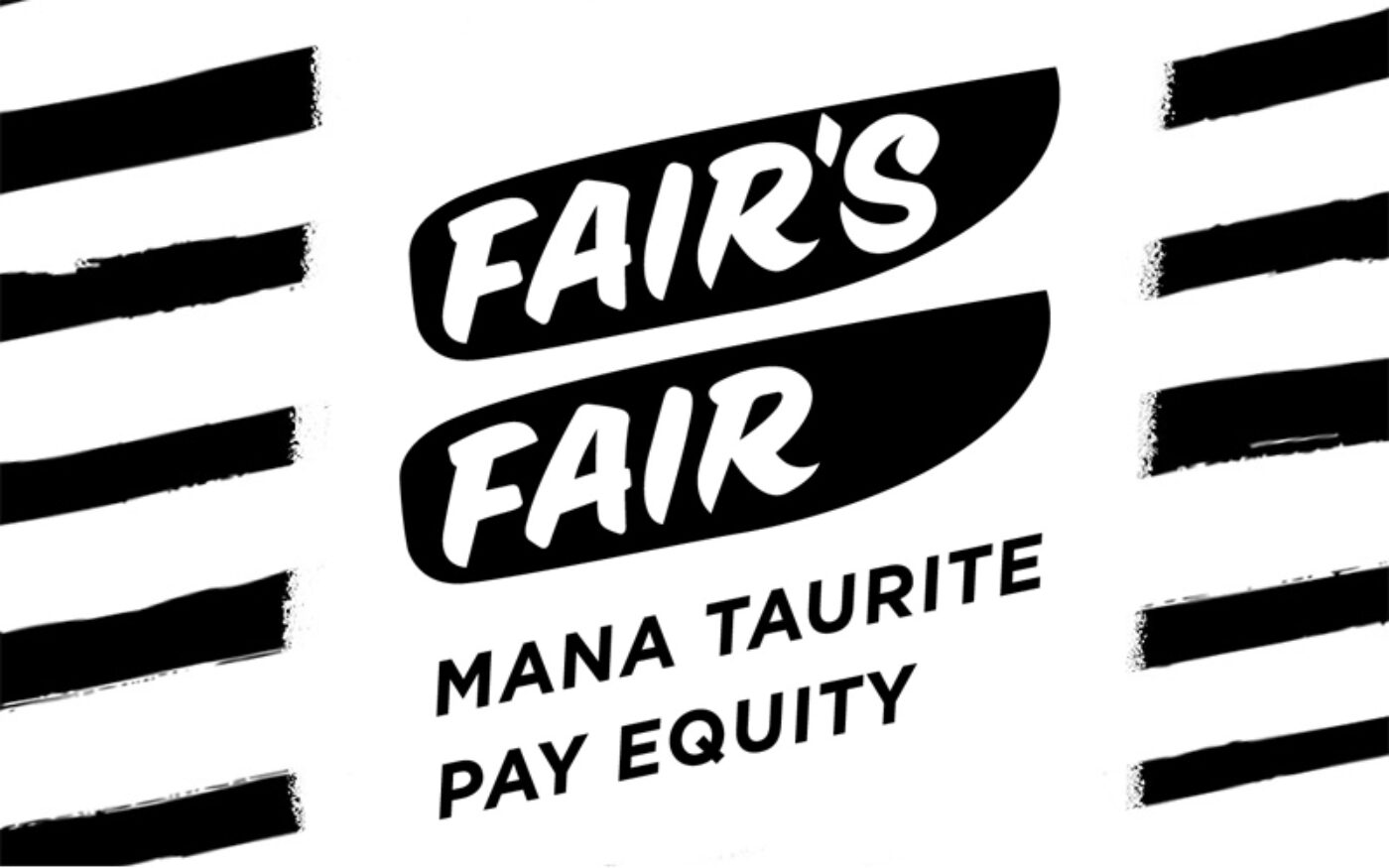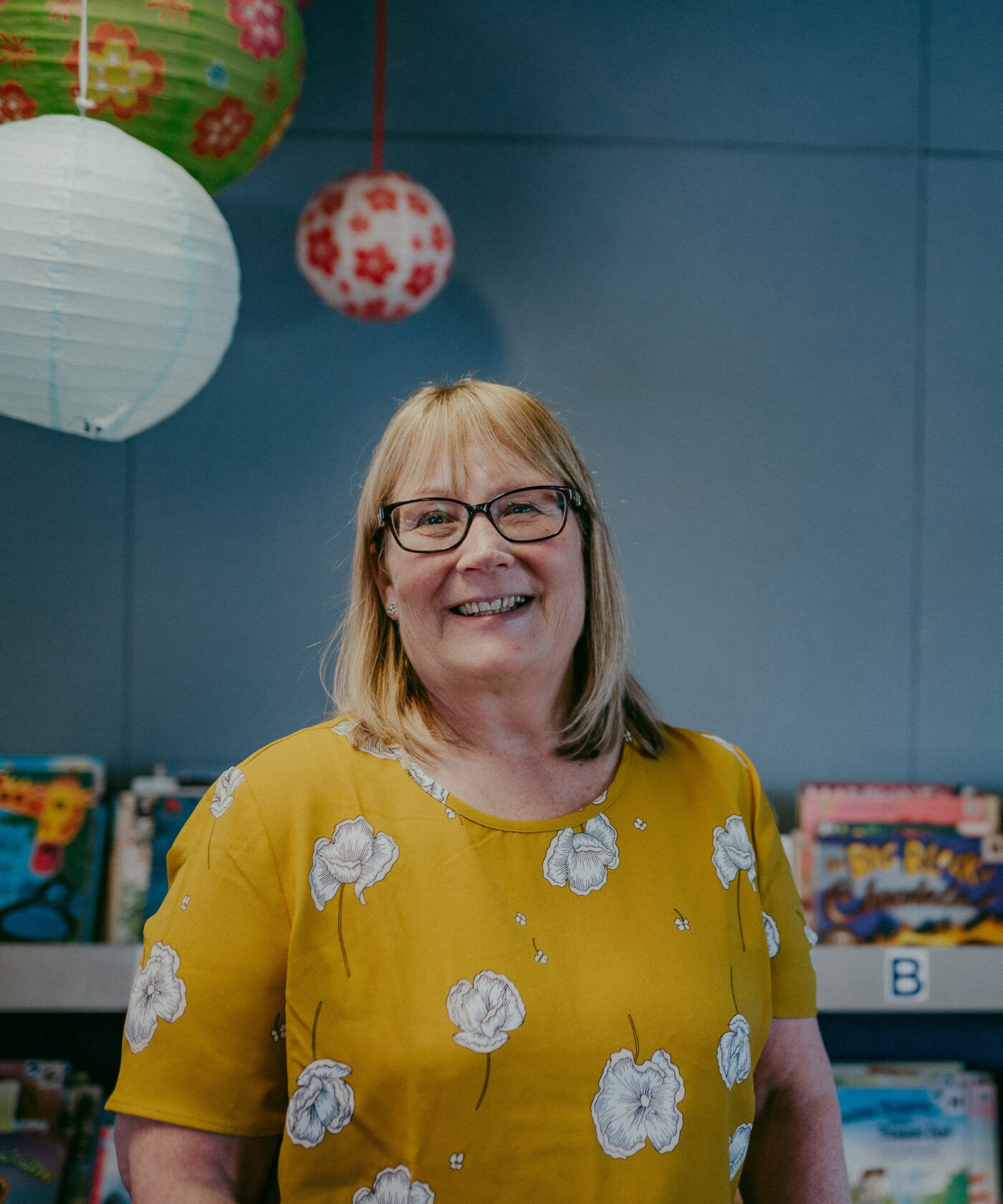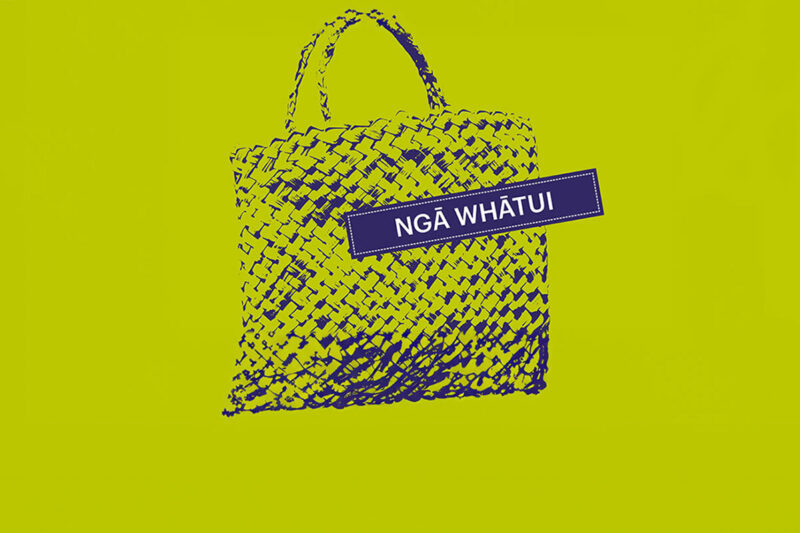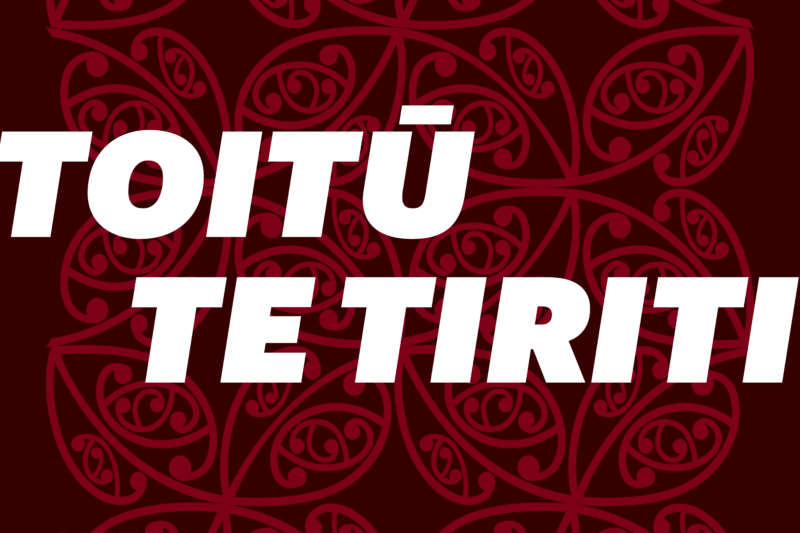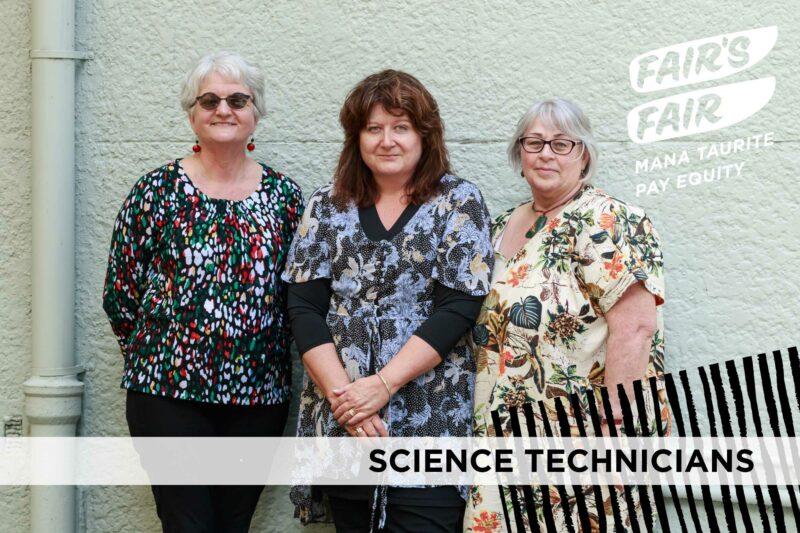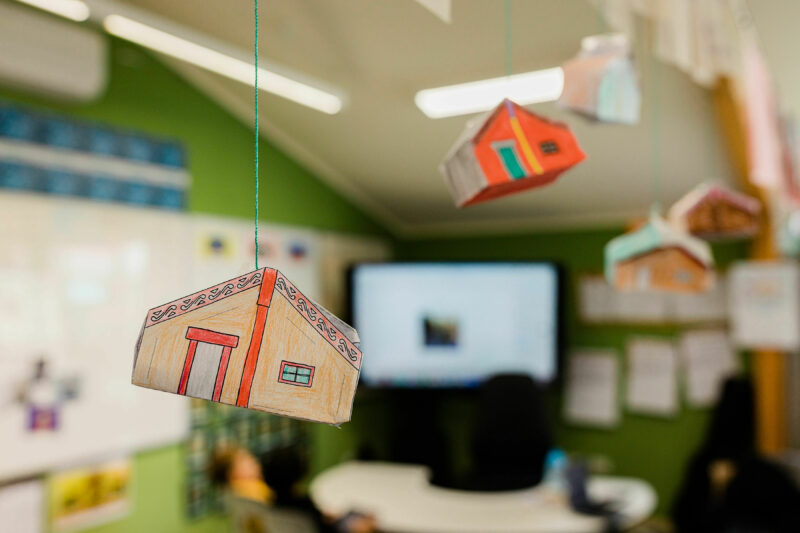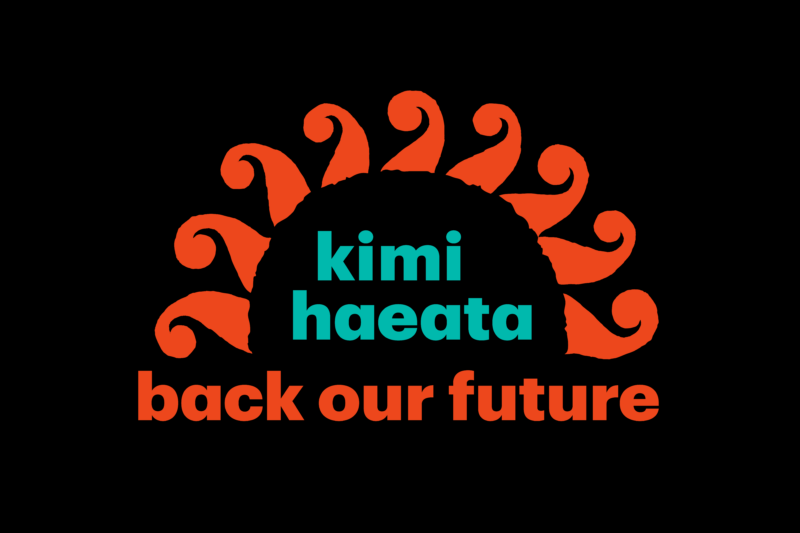The best part of my job is that I get to work with students, sharing my love of reading.
Every day is different for Sasha Eastwood, who has been the school librarian and resource manager at Manchester Street School in Feilding for 14 years.
“The best part of my job is that I get to work with students, sharing my love of reading. We’ve got 17 classes, and every class comes in each week. I’m in a privileged position because our school really values the space that the library has in our school.”
However, Sasha quickly acknowledges that this kind of valuing is rare.
“I’m currently president of SLANZA [School Library Association New Zealand Aotearoa]. I’m possibly the first primary school librarian who’s been president. That’s kind of a sad reflection of where primary schools libraries are placed in our sector.”
She says that while every school has a space is that is called a ‘library’, there is no ring-fenced funding or mandate for schools to use the allocated space for a library collection.
“A school library is very much in the hands of the school leadership team and whether they see the value in having someone who’s specialised managing that space.
It saddens and frustrates me when I hear reports of schoools deciding to use their library as classroom space because of role growth or maybe because of the lack of understanding that their library is an essential reading and learning asset. There’s all these stats coming out about the falling literacy rates of our students, and then you wonder, is there a correlation there?”
Sasha believes that school librarians are well placed to aid teachers, students and whānau. She points to a recent article that published research on the importance of the library for students’ literacy rates and also for their wellbeing – libraries as a place of sanctuary for students. Access is key.
“With a school library, every student at school has direct access to a collection of books. And if you’ve got a school librarian then that collection of books will reflect that student body. I think it’s a no-brainer.”As one of three librarians on the pay equity negotiations team, Sasha says she realised part of the process is about educating the sector about what school librarians do.
“It’s very much about bringing wages in line with the skill sets we use in our roles. That’s important – to feel valued and to have those skills recognised as wage and renumeration.
But the other thing I’m finding is that it’s also about educating the Ministry of Education about what we do. I think that’s been a real eye opener for a lot of people and probably mostly the Ministry – hearing about the variety of important skills and roles we hold in education sector.”
“I think we need to move past that, because we do need to change our priorities and our attitude to reading and literacy if we want to be back at the top of the OECD.”
As there’s usually only one librarian in a school, being a member of NZEI Te Riu Roa gives Sasha a sense of collegiality and collective power. She says Term 4 is tricky and uncertain time for support staff, because their role comes under the ops grant. For her, being part of a union is a form of employment insurance.
“If something happened or if there was a change of value put into my role or any employment-based incident I know that at the end of the phone I’ve got immediate support. That’s really important.”
